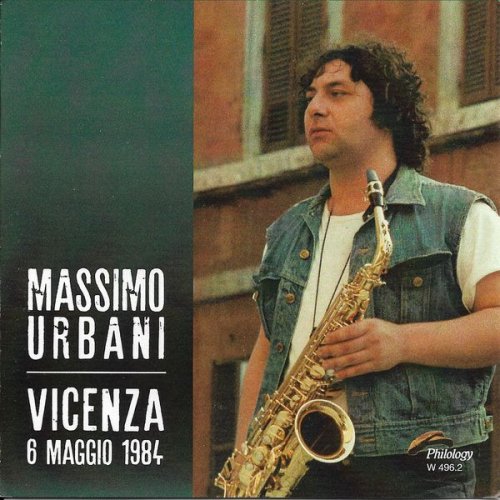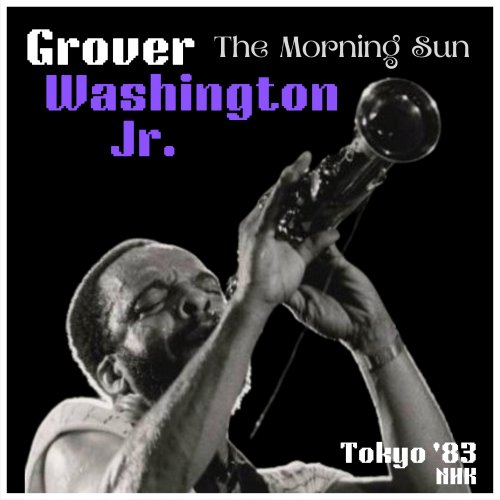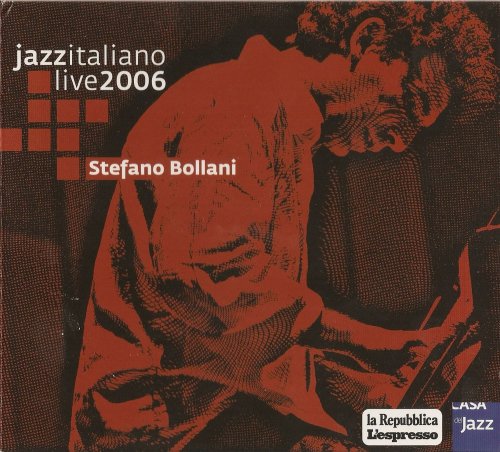Bernard Haitink - Mahler: Symphony No. 7 (2012) [Hi-Res]
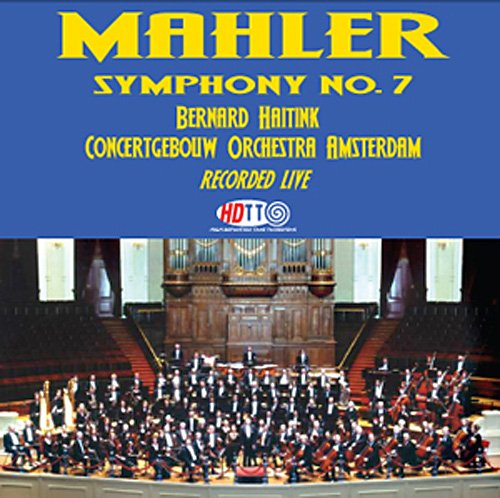
Artist: Bernard Haitink, Royal Concertgebouw Orchestra Amsterdam
Title: Mahler: Symphony No. 7
Year Of Release: 1983 / 2012
Label: High Definition Tape Transfers
Genre: Classical
Quality: FLAC (tracks, booklet) [192kHz/24bit]
Total Time: 1:18:10
Total Size: 2.87 GB
WebSite: Album Preview
Tracklist:Title: Mahler: Symphony No. 7
Year Of Release: 1983 / 2012
Label: High Definition Tape Transfers
Genre: Classical
Quality: FLAC (tracks, booklet) [192kHz/24bit]
Total Time: 1:18:10
Total Size: 2.87 GB
WebSite: Album Preview
1 1st Movement 21:56
2 2nd Movement 14:44
3 3rd Movement 10:36
4 4th Movement 12:58
5 5th Movement 17:56
Born in 1929, Bernard Haitink is regarded as one of the finest conductors of the twentieth century: with a wide repertory, and meticulous, yet exciting, performances. He studied violin at Amsterdam Conservatory, and began his musical career as a violinist in the Netherlands Radio Philharmonic. At the Conservatory, he studied conducting with Felix Hupka, later taking conducting courses with Ferdinand Leitner. He was eventually named second conductor with the Radio Union, leading four different orchestras or ensembles. He was promoted to principal conductor of the Netherlands Radio Philharmonic at the age of 27.
After a strong showing in a last-minute replacement at the Amsterdam Concertgebouw in Cherubini's Requiem in 1956, the Concertgebouw Orchestra frequently engaged him as a guest conductor. After Eduard van Beinum died, two conductors were named co-principal conductors of the Concertgebouw: Haitink (at 32 the youngest principal conductor ever), and the veteran Eugen Jochum. Two years later, Jochum left, leaving Haitink in charge. He became the principal conductor and then artistic director of the London Philharmonic Orchestra, retaining that position until 1979.
He also frequently conducted opera productions in England as music director of the Glyndebourne Festival (1977-1988). He became music director of the Royal Opera in Covent Garden (London) in 1987, and has seen the company through the difficult period when its house was closed for radical renovations through the end of the 1990s.
In 1988 his association with the Concertgebouw Orchestra ended when he resigned in protest over governmental economic measures that, in his view, affected the quality of the orchestra. He has increased his guest appearances in the years since, appearing with the Berlin Philharmonic, Vienna Philharmonic, London Philharmonic, London Symphony Orchestra, and the Boston Symphony Orchestra, of which he is the principal guest conductor. Reconciliation with the Concertgebouw occurred several years after his departure when the orchestra named him its Conductor Laureate, the first time the Concertgebouw has bestowed the title, in recognition of his great contribution to their history over a 30-year period. In 1999 they invited him to conduct a set of Concertgebouw concerts called the "Carte Blanche" Series. In it he led the Royal Opera House Orchestra, the Vienna Philharmonic, the Dresden Staatskapelle, Berlin Philharmonic, European Union Youth Orchestra, and Netherlands Radio Orchestra, as well as the Concertgebouw Orchestra.
He has made a large number of records for Philips, EMI, Columbia, LSO LIve, and CSO Resound, covering a wide repertory. These have included complete symphonies of Vaughan Williams, Mahler, Bruckner, Beethoven, Shostakovich, and Brahms, and many other works. He has won numerous awards, an honorary British knighthood, and the House Order of Orange-Nassau, given to him by the Queen of the Netherlands. ~ Joseph Stevenson
After a strong showing in a last-minute replacement at the Amsterdam Concertgebouw in Cherubini's Requiem in 1956, the Concertgebouw Orchestra frequently engaged him as a guest conductor. After Eduard van Beinum died, two conductors were named co-principal conductors of the Concertgebouw: Haitink (at 32 the youngest principal conductor ever), and the veteran Eugen Jochum. Two years later, Jochum left, leaving Haitink in charge. He became the principal conductor and then artistic director of the London Philharmonic Orchestra, retaining that position until 1979.
He also frequently conducted opera productions in England as music director of the Glyndebourne Festival (1977-1988). He became music director of the Royal Opera in Covent Garden (London) in 1987, and has seen the company through the difficult period when its house was closed for radical renovations through the end of the 1990s.
In 1988 his association with the Concertgebouw Orchestra ended when he resigned in protest over governmental economic measures that, in his view, affected the quality of the orchestra. He has increased his guest appearances in the years since, appearing with the Berlin Philharmonic, Vienna Philharmonic, London Philharmonic, London Symphony Orchestra, and the Boston Symphony Orchestra, of which he is the principal guest conductor. Reconciliation with the Concertgebouw occurred several years after his departure when the orchestra named him its Conductor Laureate, the first time the Concertgebouw has bestowed the title, in recognition of his great contribution to their history over a 30-year period. In 1999 they invited him to conduct a set of Concertgebouw concerts called the "Carte Blanche" Series. In it he led the Royal Opera House Orchestra, the Vienna Philharmonic, the Dresden Staatskapelle, Berlin Philharmonic, European Union Youth Orchestra, and Netherlands Radio Orchestra, as well as the Concertgebouw Orchestra.
He has made a large number of records for Philips, EMI, Columbia, LSO LIve, and CSO Resound, covering a wide repertory. These have included complete symphonies of Vaughan Williams, Mahler, Bruckner, Beethoven, Shostakovich, and Brahms, and many other works. He has won numerous awards, an honorary British knighthood, and the House Order of Orange-Nassau, given to him by the Queen of the Netherlands. ~ Joseph Stevenson
Related Release:
![Etta Jones - If You Could See Me Now (1979) [Vinyl] Etta Jones - If You Could See Me Now (1979) [Vinyl]](https://www.dibpic.com/uploads/posts/2026-01/1767962064_5.jpg)
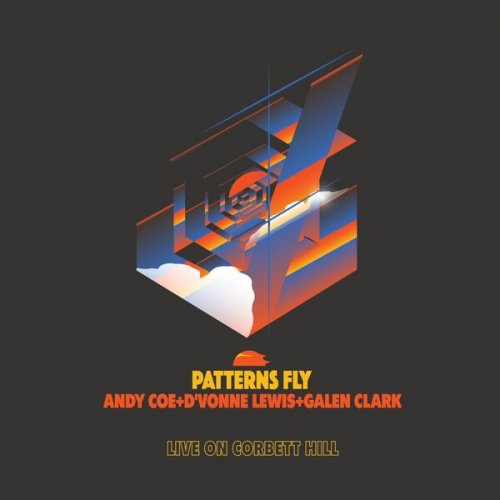
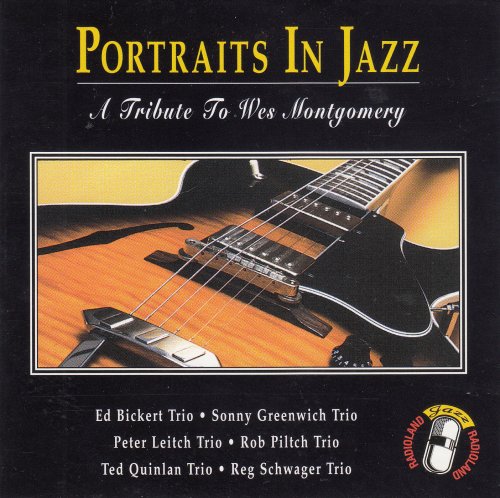
![Robert Stillman - 10,000 Rivers (2026) [Hi-Res] Robert Stillman - 10,000 Rivers (2026) [Hi-Res]](https://img.israbox.com/img/2026-01/10/8jwz0bin2i14qjmws9vecjwx5.jpg)
![Kate Kortum - Wild Woman Tells All (2026) [Hi-Res] Kate Kortum - Wild Woman Tells All (2026) [Hi-Res]](https://www.dibpic.com/uploads/posts/2026-01/1767862862_ajiixgeb8lsxc_600.jpg)
